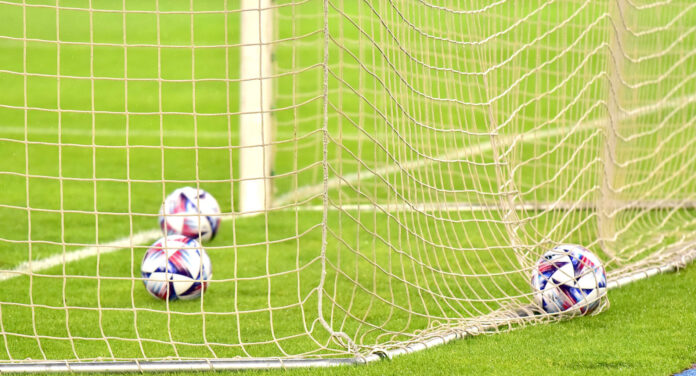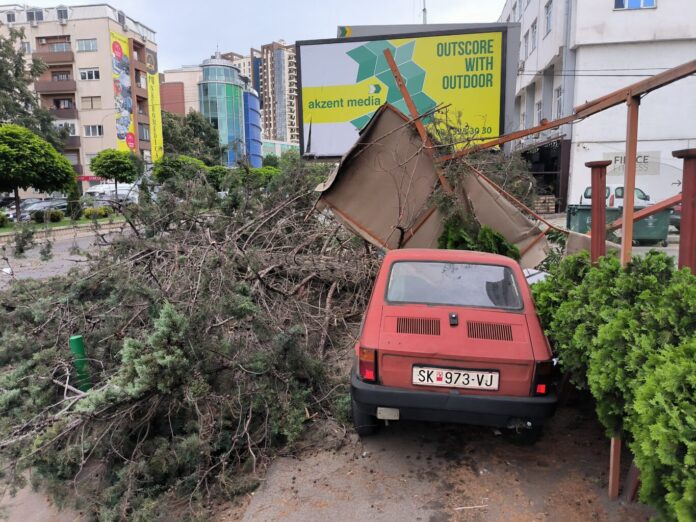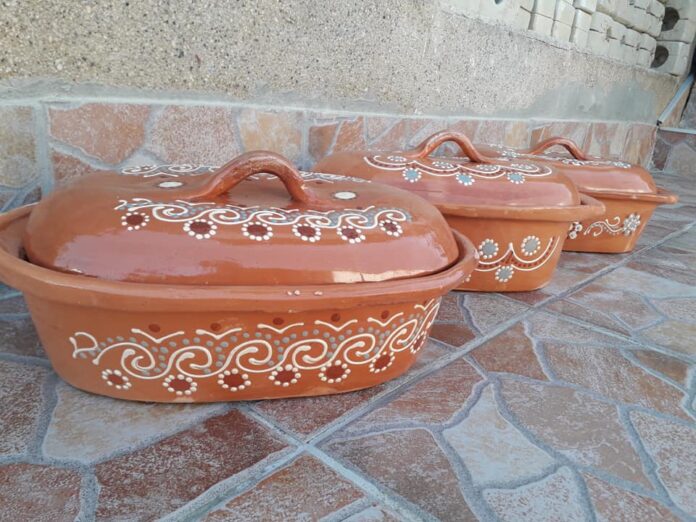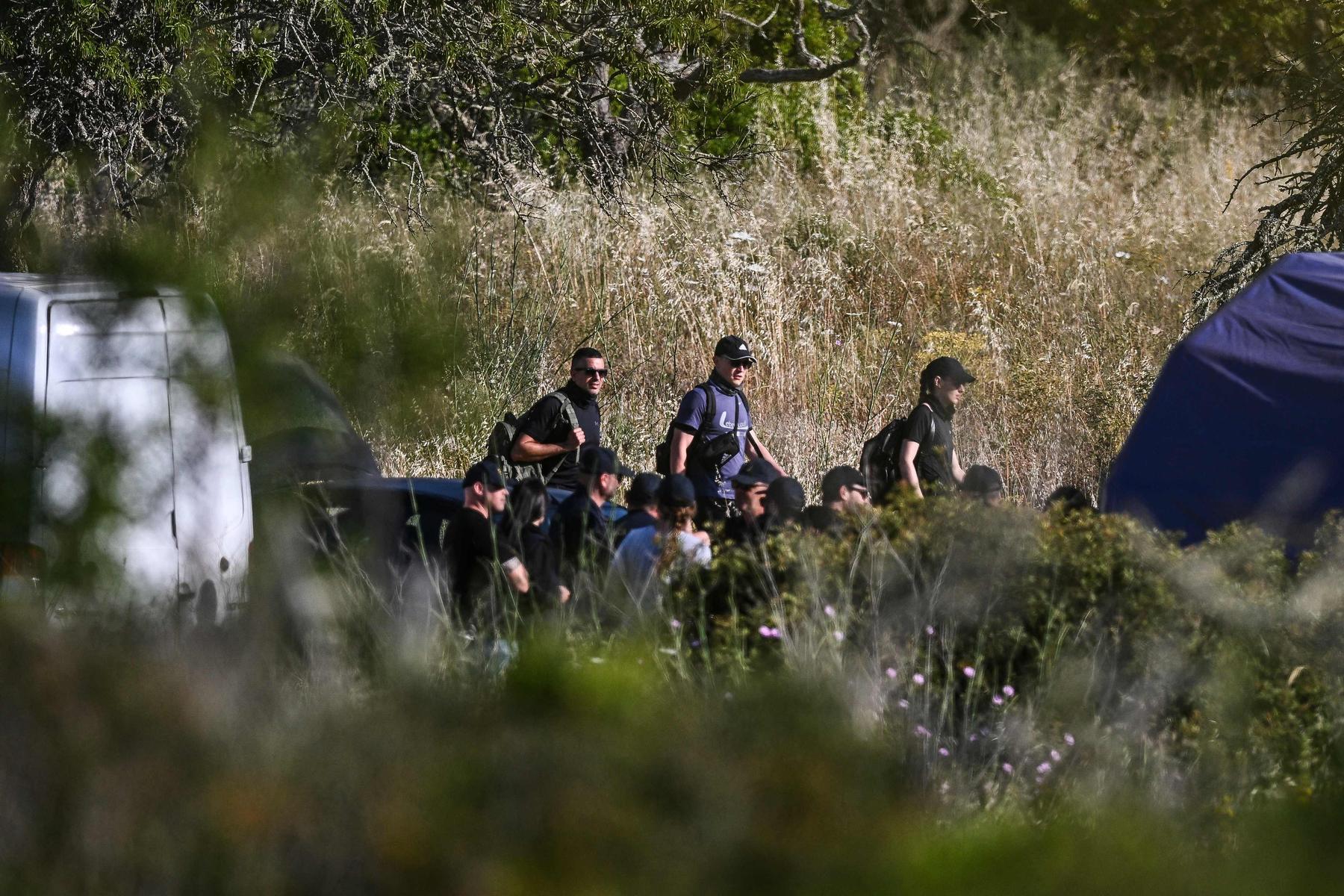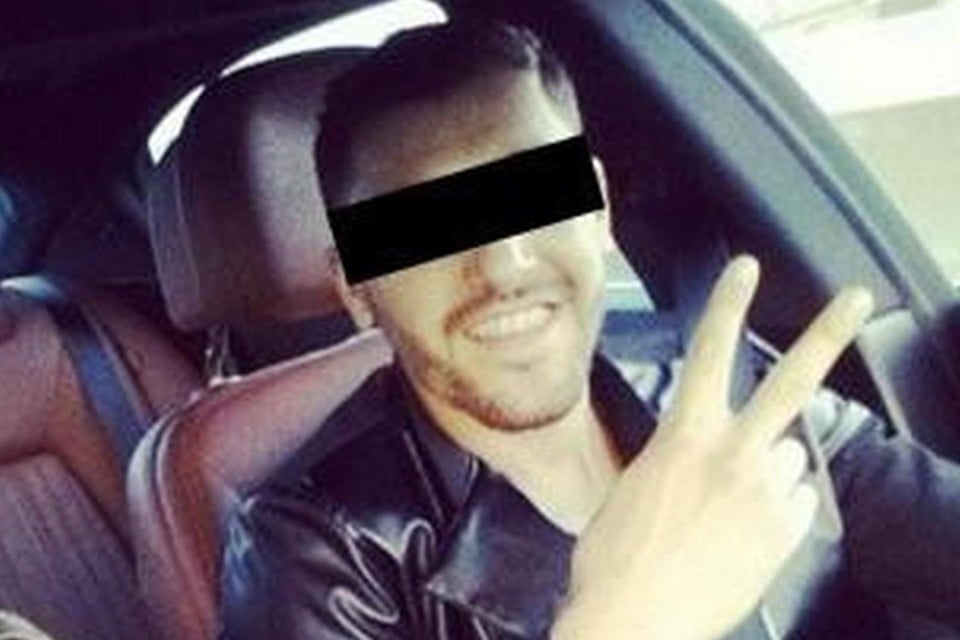Wealth and poverty – Nova Makedonija
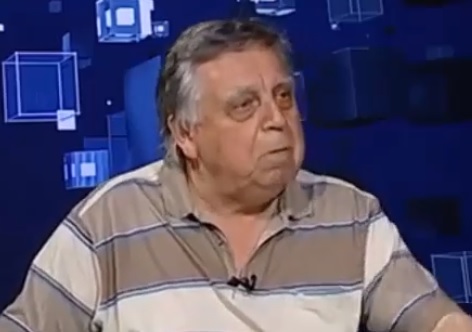
These days, dear reading, I was dealing with the topic of wealth and poverty in the Bible, especially in the New Testament, which Jesus, the human son, lives and contemplates. Thus he presents himself to let him know that he came from heaven to share the earthly fate with the earthly man, primarily for the man of poverty, not for the rich, who rebuke them threatening to egoism to the poor. Thus, in the sermon of the mountain thunder: « Bito you are all, because you will starve. » And “Bitter you are laughing now, because you will cry.” – Luke 6:25. In a word, Jesus makes it clear that poverty is the gold that has a particular value to enter paradise in which the rich will get harder than the camel to go through needle ears. Because, as the Old Testament Isaiah, who has previously seen the Old Testament, who has previously seen a great light in Bethlehem, Jesus has become poor for us to be rich and that, analogously, he received wounds for us to be healed. Wonderful paradoxes.
An endless existential theme, in the case of Jesus and heaven, and with metaphysical veil. But sailing through it, as a revelation, two childhood events came to me with such mental power as they now open realistically in front of my deep childish consciousness as some kind of suppressed and long -forgotten transcendential wealth. And both of those events or sights to which I would add forward the prefix, dear reading, are associated namely the wealth of poverty that few know something about.
The first incident, which has a further character of a lightning glitter image, because it has a revelation power, as an angel was made in front of me a winter morning when I had just been my eyes from the dream, giving up the child’s head from under the woolen rug in the powder. But that winter morning was now particularly blessed and filled it with the sloping rays with a gifted silver shine from the entire floor to the ceiling. It was like a picture of a deep sleep, and so was the revelation sight that suddenly fulfilled my eyes, as if the whole sky had been jumped into it. On the clay beneath the oven, which was still warm, on a colorful rug as my mother slept with remote heads and open mouths, like slaughtered, five people with spent and blackened as a kummy face, and beside them the golden trumpets they brought with them, and one of them. He was shaking among the trumpets, which made me a female, like a same -proud male Eros. But anyway, it is important that I then thought about how a deeply naive child that these are the playing instruments, especially the trumpets, with which the angels wake the dead in the graves of the resurrection. So, and after a few days later, I realized, dear reading, that if it were your Roma who played that winter night until midnight at the wedding of the first village Forbadar, and when the ceremony ended, according to the agreement, they had to go home in their village five kilometers. Yes. But for a snowlash, the road is long. What Roma will do now, begging the stew to give them a piece of eaves in the house to spend the night, but he does not give up, he says: « A deal is an agreement. » And so much. And my father witnesses this tightness, so he takes the Roma lubricate them at home, my mother boils tea and fasting to the floor in the warm, and so we spend with them in God’s dream night. So it was with this revelation sight in the deep childish consciousness, which, as I see now, dear reading, can and knows the cruel existence of the cruel existence as something divine.
Item. Now we go to the number two, dear reading. It is not a sight, but an event. It was a time of collectivization, poverty to throat. We had only one mule, a dozen sheep and a cow. All of us were stripped of our state, « oppression apparatus » as it defines it precisely Marx. We were stripped of us, but the tax, pure metaphysics, still flowing. I remember that my father even had been in jail for unpaid tax for a few days, because there was no one and where to pay for it. We waited for the sort to rely on, so let’s rely on a little poverty. The sows were spared collectivization and the poor were surviving. It was their entire property. And ours. We fed the sow with sprouts mixed with a little bran. I was a six -year -old child in charge of the sprouts, and the day that fits in our strange story, dear reading, I filled it in the field sack and headed back home. It was a summer noon full of gold in the sun lay on everything. And now comes the main one. Transfering the Chadet that connects Pehchevo and Delcevo, in the middle of it I found an act. I raised her from Jadeto. It was for me as heavy as a stone. Hardly, curious, I unbuttoned the patent and, what would I see, inside they were tired to one another thick bundles of money. I was terribly confused. I quickly closed it and put it in the bag with the sowel sprout. After only ten minutes I was home, I went to the basket and, to my joy, I saw that the sow was obliged seven gold pigs, who already grew milk sucked milk from her bosom.
I was alone with that beautiful sight. My mother was in the field with the sisters, and my father grazed on the village cattle. I was looking forward to showing him his purse. It happened at sunset, when he returned from the hills with the goods. I thought I was going to make him happy, when he was surprised when I opened her and when she saw what he had inside he told me with a decisive voice as if he scolded me: he quickly carried the purse in the militia in Pehchevo, and on his face I recognized a shadow of vague. He was just scared of what he saw. From the money of course. And he could solve poverty with them and a few more houses to build. Of course, I listened to the hill that Negrevo shared from Pehchevo and for twenty minutes running the purse to the militia station. They took her, they didn’t ask me anything and they didn’t give me any record, not even a little chocolate as a reward for a virtuous work.
That’s and so happened that summer day in deep childhood, dear reading. The two events that I have already told you strongly returned me to it, which I experience in consciousness as a revelation and as a special wealth in all the poverty of God. So. And today, when I remember such strange things, my soul is overwhelmed by an inexplicable glow, and I often think about people, rare but precious as Diamonds, who consciously cloned from material wealth like bad vice and sin. And I think everything in that of that transcendental treasure that Jesus spoke: the heavenly kingdom.
What is not literally in heaven, but in us. We just need to be aware of him and discover it in the gold of the heart. I know that not only Jesus and the apostles but many other celebrities have despised or simply did not like the material wealth, though some of them had or could have it abundant. Such is the case with Tesla, which as an ascetic spent the late period of his life in two modest rooms at the New Yorker Hotel in New York, sharing a piece of bread with the pigeons of Manhattan. And he could only be the richest man in the world if he charged, to which he was entitled, a billionth part of a kilowatt electricity that illuminated the planet. But he did not do so, because he knew he had the kingdom of heaven, and the money and material wealth were not important to him. And he, as the apostles, as Jesus learned, shook her dust from the sandals of the civilization he had enriched with the ingenious mind, and she had no gratitude for it.
Then, in this context on the subject of wealth and poverty, a Socrates, sumptuous spirit and existential ascetic were deployed, walking through Athens with a torn tunic. And there is Michelangelo in whom the Lord spilled everything he had from the artistic gifts and human virtues, and yet he was the Renaissance of the Renaissance in life. Because while Leonardo and Rafael, his competitors in the ingenuity, dressed in precious silk and were constant guests of the lavish table of the media and the Pope in Rome, he worked as a slave day and night seeking his gelocus and the ideal shape of man and soul, that God gave to his God -fearing creation. His twin in all and in that area is in many ways the cursed genius of modern art, the fascinating Van Gogh. The list is longer. We choose the most characteristic examples.
And here in that context is the early English romantic and visionary William Blake, who thought that the only thing that gives the value and sense of life and genius are the visions, the soul that does not think in rational systems, but in visionary perspectives. He spent the genius poet, painter and thinker all his life in an elementary living, almost on the edge of poverty, who, paradoxically, even deeply respected him, cloning consciously from material wealth as a danger to virtue and genius. This is also testified by a letter from his friend Bernard Burton to a relative who reads: « It was (Blake, MZ) as the ancient features of virtue, and I never expected to see such a thing in this world, because he was not so afraid of being so rich. » And that wealth, understandably, were His inner visions as the imperative of the existence of the genius of this world and, consequently, to man as the ingenious creation of God not for greater material, but of spiritual wealth, revealing the Heavenly Kingdom of which Jesus speaks to the apostles. Only such a spiritual man filled with visions of the divine in the little one to see the great as his authentic property. This is how Blake thinks in the song « Flags of Innocence »: « To see the world in the grain of sand, / heaven in the wild flower, / to hold the endless hand on the hand / and eternity in just an hour … »
Enough, dear reading, for today and for our column, which you already say is pedagogical. But it’s not in school sense as you think. I am not Makarenko or I am a supporter of his a little dull pedagogy, which is more social than deeply psychological. More important, much more important than the applied pedagogy is the transcendental psychology of the soul, which only knows the secret of the heavenly kingdom that is located in us, revealed by the Jurodivs, pure and honest souls that you can by definition in the poor, but very rarely with the rich. Buddha is one of the few exceptions. It has, as we have seen, and in some geniuses, which, some of them, as Blake, according to the testimony of his friend, were simply afraid of being rich only and only for fear of not overshadowing or losing that the invaluable spiritual property they have in themselves, the heavenly kingdom.
And when I say it right in front of my eyes and now my father’s face is, the fear of wearing him when he saw the purse with the money I found as I wore the sack of the sowl saucer, which only poverty at our family existence that time. And my father was neither Blake, Tesla, nor Michelangelo, no Van Gogh, who had their artistic visions and spirit as a stamp of the Kingdom of Heaven in which Jesus speaks. But he too had that invaluable gold on the heart, honesty and endurance in poverty, to earn a bread of bread and to have lunch with the Sinia with the Lord. It is the art of the existence he possessed, and I inherited it as a curse but as a divine wealth.

